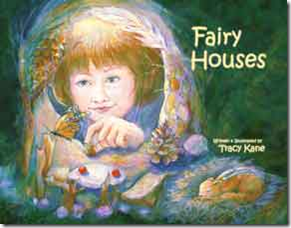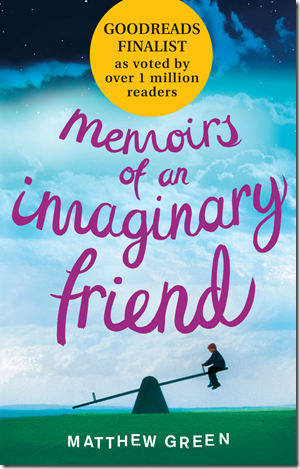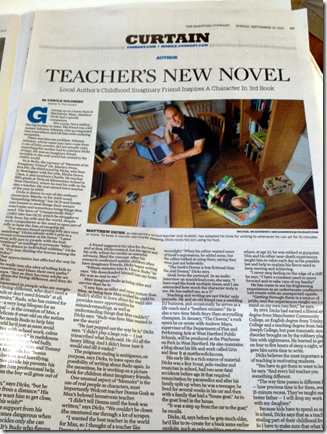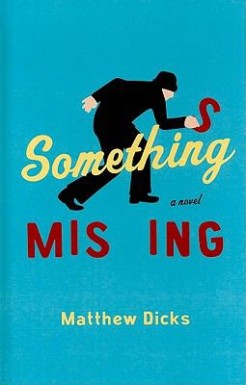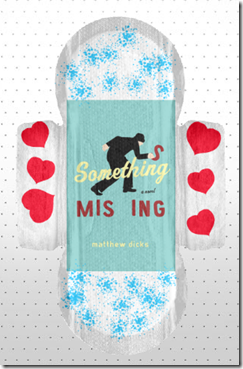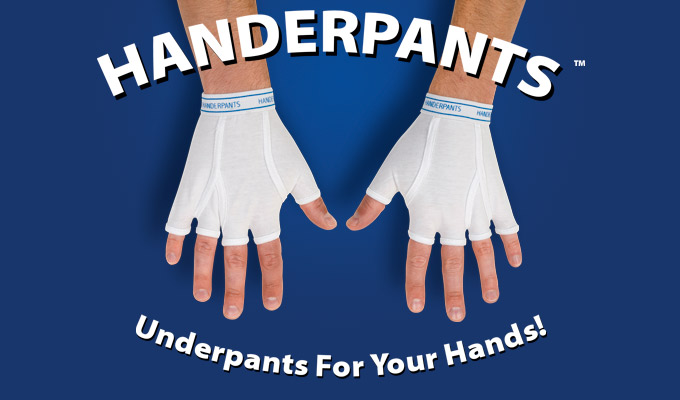I have a more-than-slight tendency to act like a jerk. I can be biting, sarcastic, oppositional, confrontational, aggravating, nonconforming, and disagreeable.
My mother referred to me as The Instigator.
I like to think that over the years, this tendency has become less pronounced, This is because I have learned to restrain myself. I have chosen to become more civil. I try desperately to be more polite. I have made the conscious decision to not express every thought and idea that comes to mind.
This is not to say that I am the model of civility. I am probably still more outspoken, opinionated and potentially offensive than most people would prefer. I still consistently express controversial and nonconformist ideas. In many ways, these ideas are the fuel that fire many of the things that I write.
But I am a much more civil and reasoned person than I was ten years ago. I measure my words much more carefully today.
Part of this has been a natural, albeit exceedingly slow, maturing process.
Part of this has been a conscious decision on my part to choose my battles more wisely.
Part of it has been the positive influence of my wife, who is universally acknowledged to be the kindest, sweetest person on the planet (unless you cut her in line or attempt to cheat at Scrabble).
But part of it has also been my recognition that a reader’s perception of me as a person will likely impact his or her opinion of my books.
If a reader does not like the author as a person, the likelihood that he or she will not like the author’s books increases considerably, regardless of the quality of the story or the writing itself.
While this may not seem fair, it is undeniably true.
Cat Stevens taught me this.
I discovered Cat Stevens’ music more than a decade after he had recorded his final song, and I fell in love with it immediately. The folksy guitar sound and award-winning lyrics hooked me at once.
I think Oh Very Young and Peace Train are utterly perfect songs in a small, under-populated pantheon of perfect songs.
For a time, my personal theme song was Stevens’ Cant Keep It In (an homage to my inability to refrain from speaking my mind). Later, I changed my theme song to Stevens’ slightly less aggressive If You Want To Sing Out, Sing Out.
In the height of this personal adoration of his music, I learned about Stevens’ remarks supporting the fatwa against Salman Rushdie following Stevens' conversion to Islam.
These remarks, which Stevens later denied and then retracted, cast his music in a new and unfortunate light for me. A pall descended over something that I had once seen as beautiful and perfect, and though the actual songs had not changed, it seemed as if they had.
It makes no sense. If I love the music, why should the opinions of the artist make a difference to me? Great music is great music. I loved it without reservation yesterday. Why should today be any different?
But it was.
For many, and perhaps most people, their opinion of the artist will unavoidably impact their opinion of the work.
As an author, this is an important lesson to remember. We are in the business of expressing our opinions and ideas. Opinions and ideas are the capital by which we earn our living.
In my short time working in the publishing industry, I have met many authors. The great majority have been incredibly kind, surprisingly humble, and endlessly generous people.
A few have not.
And whether I intended it to happen or not, my opinion of their work changed upon learning that they were not as nice as I had once hoped.
This is not to say that authors and other public figures should be disingenuous. I believe that honesty is the most important quality in any public figure, and authors, when expressing themselves, should keep this in the forefront of their minds.
Sometimes my absolute adherence to honesty still gets me in trouble.
But tied for a close second behind honesty should be qualities like thoughtfulness, nuance, politeness, civility, and respect.
These are qualities that I was lacking a decade ago.
Though I may sometimes come close to line in terms of being potentially rude and offensive in the ideas I express, I rarely step over the line today. I may operate close to or even on the line, but there there was a time in my life when I only existed on the other side of the line.
I have since learned that Cat Stevens has been recognized by organizations around the world as a philanthropist and humanitarian. His departure from music industry led him to a lifetime of good work on behalf of children and the poor around the world. This has pleased me immensely.
Recently Stevens returned to making music under his Muslim name, Yusuf Islam. His first album was released in 2009. I purchased it immediately.
It’s okay, but not close to the greatness of his earlier work.
Is this because I cannot help but allow his comments about Salman Rushdie to taint my opinion, even after Stevens retracted them?
I’m not sure.
And therein lies the problem of acting like a jerk. It’s impossible to know if your artistry is being harmed by your jerkiness.
So don’t be a jerk.
Be honest. Be forthright. Be opinionated. Be controversial.
But be respectful and polite, too. At least a little.


